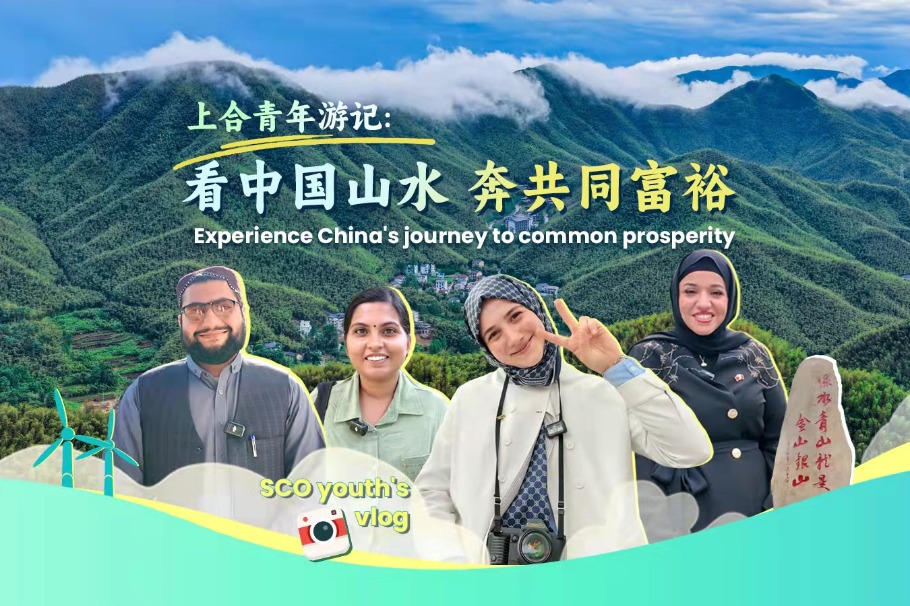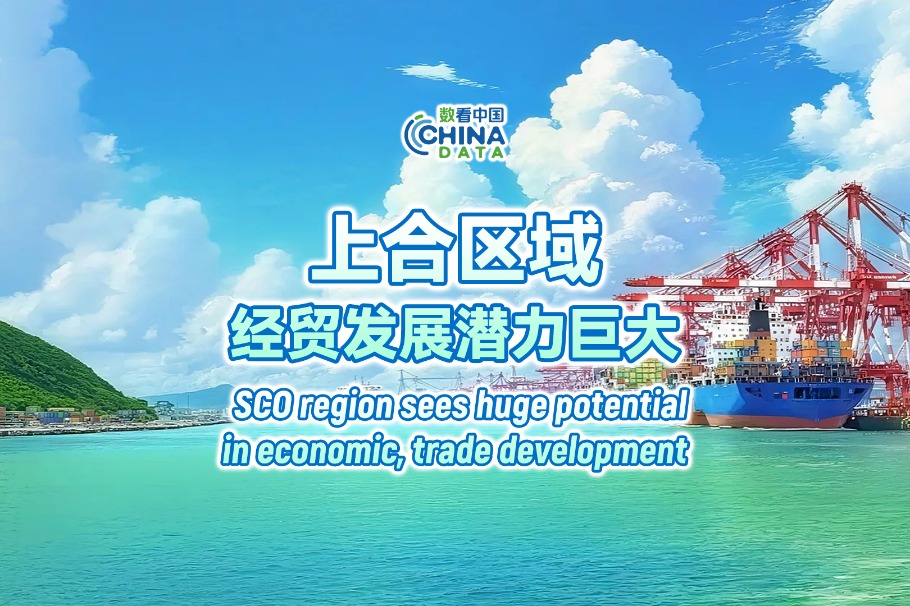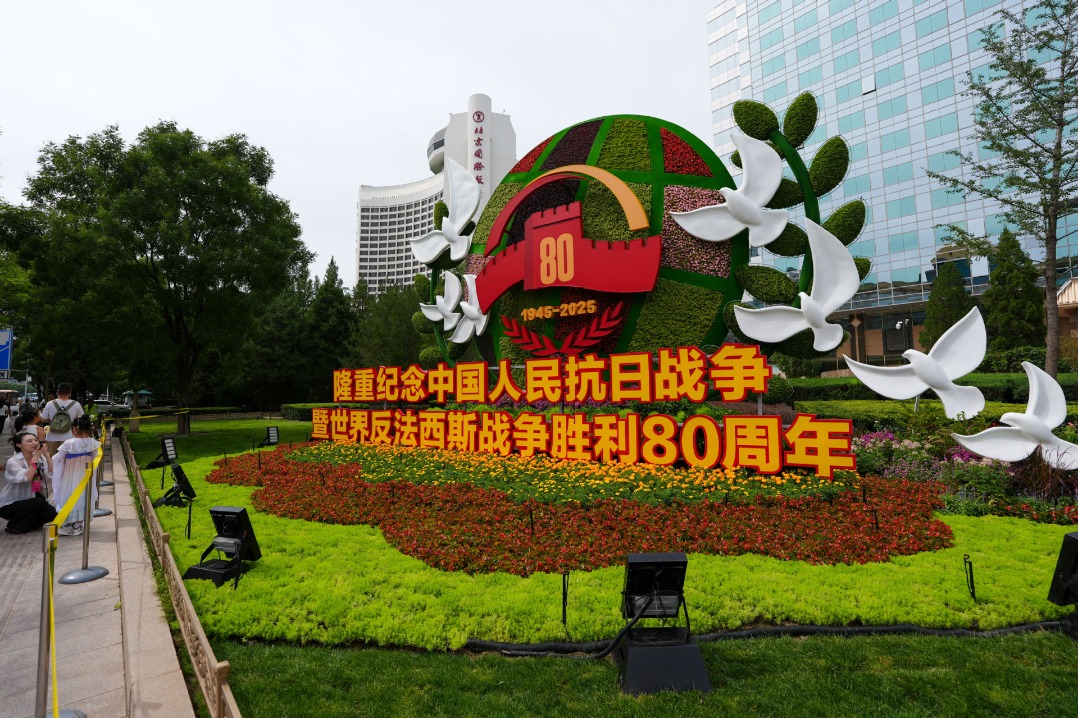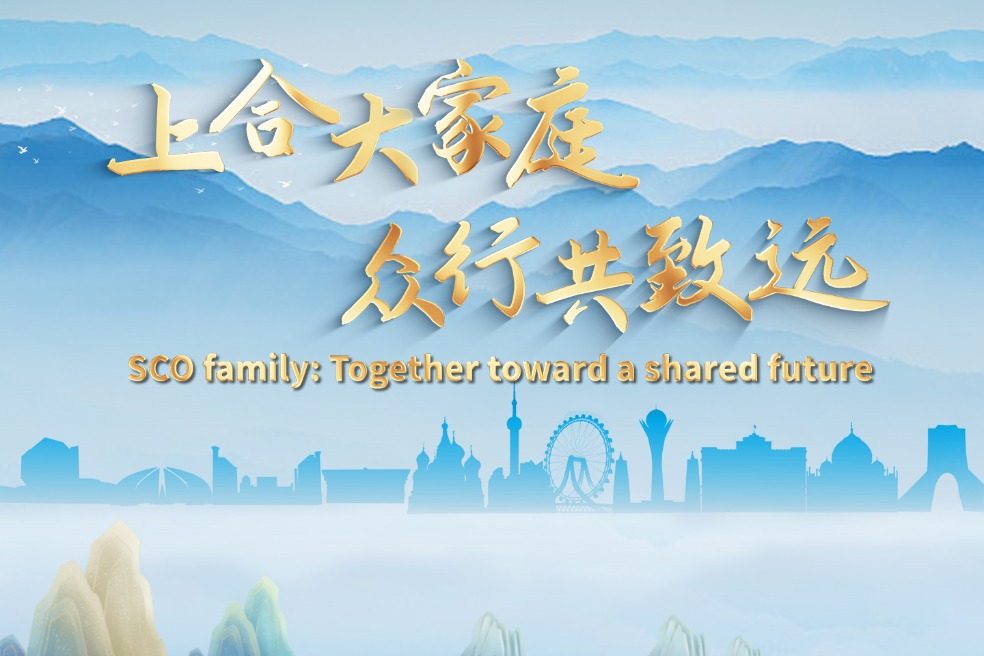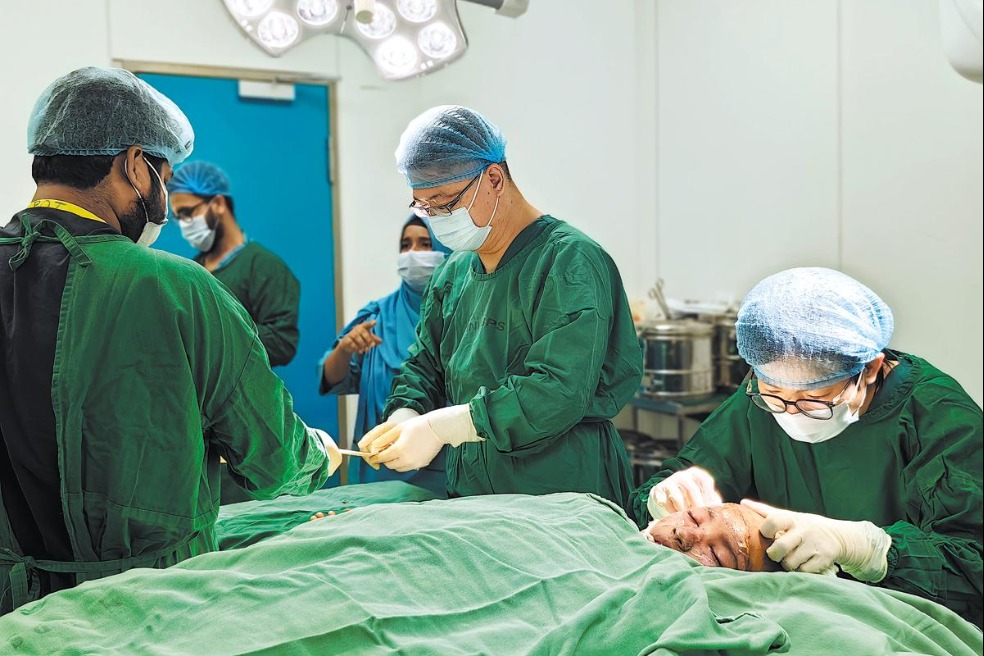What they say


The future of AI is not just about China, or the United States, or any single nation. It is about all of us, collectively, working toward a future where AI is used to solve our most pressing challenges, to enhance our understanding of the world, and to improve the quality of life for all.
Andy Mok, senior research fellow at the Center for China and Globalization

Helping the public to understand science is the responsibility of scientists, and only when science is widely understood by the public, can it develop. The popularization of science should spread awareness of scientific knowledge and its resulting social impact, and in China, key groups should include teenagers, young adults as well as the elderly, as society is rapidly aging.
Fang Xin, academician at the World Academy of Sciences for the advancement of science in developing countries and former deputy Party secretary of the Chinese Academy of Sciences

Over the past two years, domestic scientists have worked hard to achieve sustainable development goals through the power of science and technology. They have shared data with the world and promoted sustainable development through the power of data, which is the common language of human beings, and I think is also a form of knowledge transmission.
Guo Huadong, chairman of the Chinese Committee of the International Science Council and academician at the Chinese Academy of Sciences

In the construction of our country's current international communication system, we must create a strategic communication system with distinctive Chinese characteristics, and boost the influence of international communication, the attraction of Chinese culture, affinity toward China, the persuasiveness of Chinese discourse, and the ability to shape international public opinion.
Liu Shouxun, vice-president of the Communication University of China

China has a unique skill set in terms of disseminating healthcare and technological advances, and of being able to disseminate the knowledge to people within China and other countries, which is important to scientists or doctors or even laymen. We can see how healthcare, public health and science news are becoming more accessible to people.
Evelyne Bischof, professor at the Renji Hospital of Shanghai Jiao Tong University School of Medicine

While telling the stories of China's science and technology, we should not only share the facts of science and technology development, but also speak of the human element in science and technology.
Hu Zhengrong, director of the Institute of Journalism and Communication at the Chinese Academy of Social Sciences
Today's Top News
- Industrial upgrade pivots on digital tech
- Media center begins operations, welcomes journalists
- World leaders to attend V-Day events
- Commemorating victory against aggression upholds peace, justice: China Daily editorial
- Military drills against regional consensus: China Daily editorial
- China, India should jointly maintain peace in border areas, Defense Ministry says
















